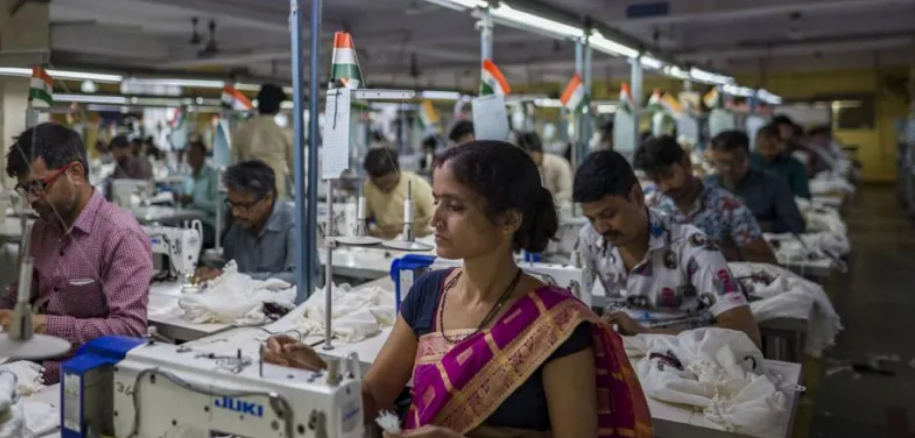The United Kingdom and India have signed a major trade agreement designed to lower tariffs and open up markets between the two nations, marking what UK officials describe as the “most economically significant” deal since Brexit.
Announced on Tuesday, the agreement comes after years of negotiations and aims to strengthen commercial ties by easing trade in goods and services. The UK government says the deal could boost bilateral trade by up to £25.5 billion annually by 2040 and deliver a long-term £4.8 billion lift to the British economy.
Under the deal, the UK will reduce tariffs on a range of Indian imports, including clothing, footwear, jewellery, gems, and food products like frozen prawns. Indian exporters are expected to benefit from expanded access to the British market, especially in the textile and jewellery sectors.
In return, India will cut duties on British goods such as Scotch whisky, gin, soft drinks, lamb, salmon, chocolate, and high-value cars. For example, whisky tariffs will drop from 150% to 75% initially, with a further reduction to 40% over the next decade. Car tariffs, currently over 100%, will fall to 10%.
The agreement also opens more opportunities for UK service providers to operate in India, including sectors like medical devices, aerospace, and electrical machinery. British businesses will be able to bid for more public contracts in India, giving them a foothold in one of the world’s fastest-growing markets.
While the deal still needs to be ratified and is not expected to take effect for up to a year, it is being welcomed as a strategic move at a time when global trade dynamics are shifting. India, projected to become the world’s third-largest economy in the coming years, presents a valuable long-term market for British exporters.
One sensitive issue during the negotiations was immigration. India had pushed for easier visa access for students and professionals, but the UK government confirmed there would be no major changes to immigration policy. However, the deal includes a three-year exemption from social security payments for Indian workers on short-term UK assignments, easing a burden for Indian companies.
UK Business Secretary Jonathan Reynolds said the agreement also opens up a limited number of visas—about 1,800—for chefs, musicians, and yoga instructors under an existing scheme.
The UK-India trade deal is the third largest the UK has secured after exiting the European Union, following agreements with Japan and Australia. Trade between the two countries reached £42 billion last year, and officials hope this pact will unlock even greater potential.


